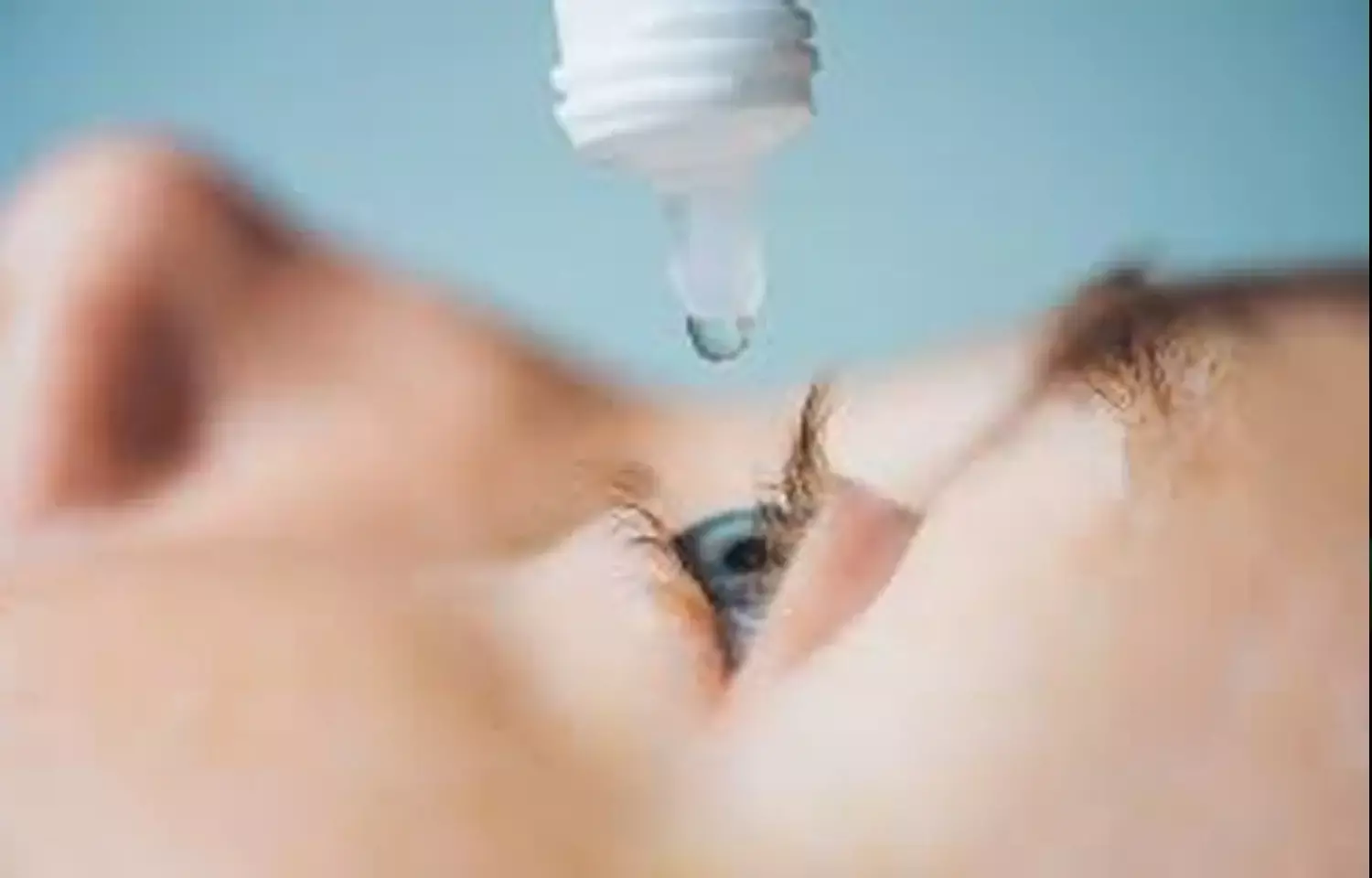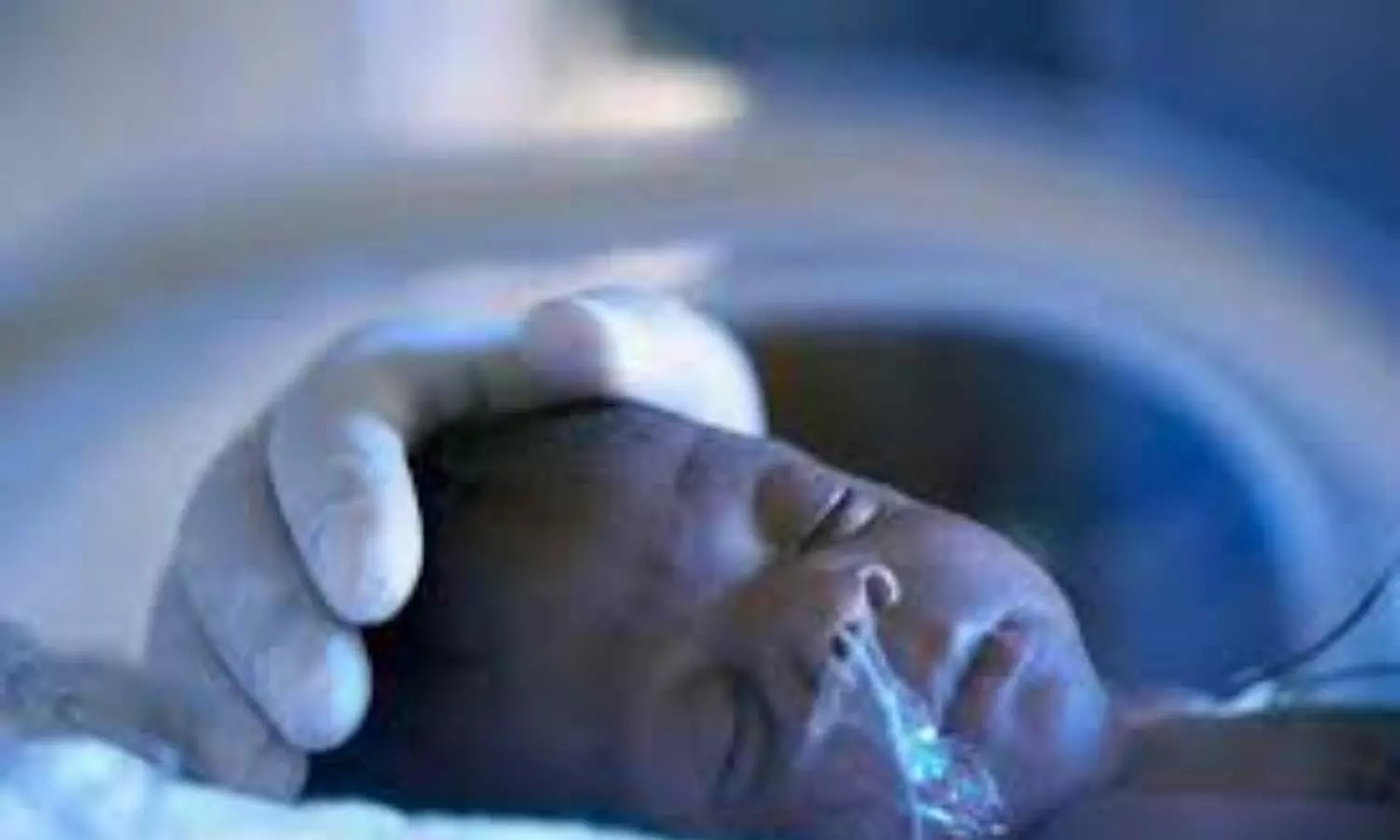- Home
- Medical news & Guidelines
- Anesthesiology
- Cardiology and CTVS
- Critical Care
- Dentistry
- Dermatology
- Diabetes and Endocrinology
- ENT
- Gastroenterology
- Medicine
- Nephrology
- Neurology
- Obstretics-Gynaecology
- Oncology
- Ophthalmology
- Orthopaedics
- Pediatrics-Neonatology
- Psychiatry
- Pulmonology
- Radiology
- Surgery
- Urology
- Laboratory Medicine
- Diet
- Nursing
- Paramedical
- Physiotherapy
- Health news
- Fact Check
- Bone Health Fact Check
- Brain Health Fact Check
- Cancer Related Fact Check
- Child Care Fact Check
- Dental and oral health fact check
- Diabetes and metabolic health fact check
- Diet and Nutrition Fact Check
- Eye and ENT Care Fact Check
- Fitness fact check
- Gut health fact check
- Heart health fact check
- Kidney health fact check
- Medical education fact check
- Men's health fact check
- Respiratory fact check
- Skin and hair care fact check
- Vaccine and Immunization fact check
- Women's health fact check
- AYUSH
- State News
- Andaman and Nicobar Islands
- Andhra Pradesh
- Arunachal Pradesh
- Assam
- Bihar
- Chandigarh
- Chattisgarh
- Dadra and Nagar Haveli
- Daman and Diu
- Delhi
- Goa
- Gujarat
- Haryana
- Himachal Pradesh
- Jammu & Kashmir
- Jharkhand
- Karnataka
- Kerala
- Ladakh
- Lakshadweep
- Madhya Pradesh
- Maharashtra
- Manipur
- Meghalaya
- Mizoram
- Nagaland
- Odisha
- Puducherry
- Punjab
- Rajasthan
- Sikkim
- Tamil Nadu
- Telangana
- Tripura
- Uttar Pradesh
- Uttrakhand
- West Bengal
- Medical Education
- Industry
Combination of Atropine and Ortho-k wins an edge over monotherapy for myopia in young kids

The combination of Atropine with Ortho-k was found to be beneficial in controlling myopia in young kids aged 8-12 years as per a recent study that was published in the British Journal of Ophthalmology.
Myopia is caused due to various factors like genetics, environment, etc. Multiple drugs aid in the management like atropine. Researchers have conducted an age-stratified randomized controlled trial to investigate the 2-year efficacy of the combination of atropine and orthokeratology vs monotherapy and explore the factors influencing their efficacy.
164 children aged 8–12 years with spherical equivalent refraction of −1.00 to −6.00 D were stratified into two age subgroups and randomly assigned to receive placebo drops+spectacles (control), 0.01% atropine+spectacles (atropine), ortho-k+placebo (ortho-k) or combined treatment. Axial length was measured at baseline and visits at 6, 12, 18, and 24 months. The primary analysis was done following the criteria of intention to treat, which included all randomized subjects.
Results:
- Axial elongations were significantly reduced by all interventions at all visits (all p<0.05).
- Combined treatment significantly reduced the 2-year axial elongation than monotherapies (all p<0.05).
- After age stratification, there was no difference between combined treatment and ortho-k in the subgroup aged 8 to 10 (p=0.106), and there was no difference between combined treatment and atropine in the subgroup aged 10 to 12 (p=0.121).
- The ortho-k group had a significant age-dependent effect on the control group (p for interaction=0.013), and also on the atropine group (p for interaction=0.035), indicating that ortho-k can be more effective in younger children.
Thus, the study shows that ortho-k treatment benefitted young children and combination therapy with atropine and ortho-k improved the efficacy of myopia in children aged 8-12 when compared to monotherapy.
Further reading: http://dx.doi.org/10.1136/bjo-2022-321272
Xu S, Li Z, Zhao W, et alEffect of atropine, orthokeratology and combined treatments for myopia control: a 2-year stratified randomized clinical trial British Journal of Ophthalmology Published Online First: 13 October 2022.
BDS, MDS
Dr.Niharika Harsha B (BDS,MDS) completed her BDS from Govt Dental College, Hyderabad and MDS from Dr.NTR University of health sciences(Now Kaloji Rao University). She has 4 years of private dental practice and worked for 2 years as Consultant Oral Radiologist at a Dental Imaging Centre in Hyderabad. She worked as Research Assistant and scientific writer in the development of Oral Anti cancer screening device with her seniors. She has a deep intriguing wish in writing highly engaging, captivating and informative medical content for a wider audience. She can be contacted at editorial@medicaldialogues.in.
Dr Kamal Kant Kohli-MBBS, DTCD- a chest specialist with more than 30 years of practice and a flair for writing clinical articles, Dr Kamal Kant Kohli joined Medical Dialogues as a Chief Editor of Medical News. Besides writing articles, as an editor, he proofreads and verifies all the medical content published on Medical Dialogues including those coming from journals, studies,medical conferences,guidelines etc. Email: drkohli@medicaldialogues.in. Contact no. 011-43720751




